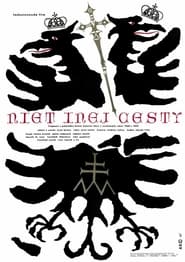detail profile franti c5 a1ek veleck c3 bd
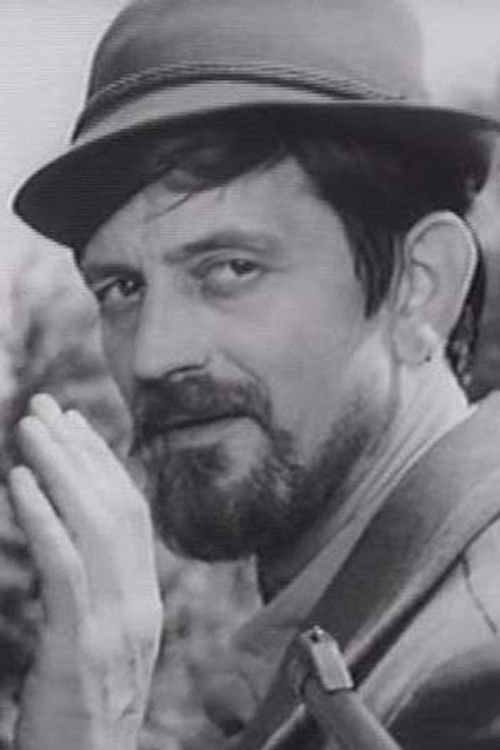
František Velecký
Fero Velecký
atau dikenal sebagai
Riwayat Hidup
Velecký was a very particular figure of Slovak acting, being antipode to venerated mainstream showbiz celebrities.
Although he had never received any formal training in acting, he managed to earn great respect of both filmmakers and audience members.
He performed in some 50 Slovak, Czech, German, Hungarian and UK/US movies, but he will be most remembered for portraying the lead character of Mikoláš in the Czech movie Marketa Lazarová.
Velecký was born 8 March 1934 in Zvolen.
He originally studied civil engineering and worked as a designer for few years.
However, since his early age he was attracted by the world of cinema and finally in his 30s managed to get his first major roles.
Practically at the beginning of his acting career, after a few minor films including Každý týždeň sedem dní (1964) and Nylonový mesiac (1965), he received the role of his lifetime in Marketa Lazarová (1966).
This experience deeply influenced the rest of his life.
In interviews, he described with gratitude how the director František Vláčil completely changed his way of seeing the world during the long production of this movie.
Despite the impact the role had on the film (widely considered the best Czech cinema) and on his life, Velecký would probably be more recognized by Western audiences for his appearances in The Brothers Grimm (released 2005) and the Academy Award-nominated Želary (2003).
For most of his career, Velecký was free of any theatre company ties except being briefly associated with the Theatre of Spišká Nová Ves in the 1980s.
During his professional career, Velecký was not limited to acting.
He was assistant director to Juraj Jakubisko on the film Zbehovia a pútnici (1968) and he applied his talent in fine arts during the 1990s.
Velecký died of cancer 5 October 2003 in Bratislava.
Info Pribadi
Peran Yang Di Mainkan František Velecký
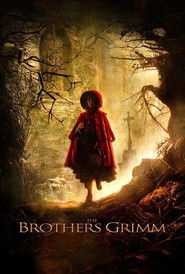 Folklore collectors and con artists Jake...
Folklore collectors and con artists Jake...The Brothers Grimm 2005
Folklore collectors and con artists, Jake and Will Grimm, travel from village to village pretending to protect townsfolk from enchanted creatures and performing exorcisms. However, they are put to the test when they encounter a real magical curse in a haunted forest with real magical beings, requiring genuine courage.
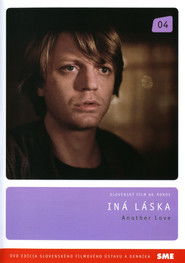 A story of a young student...
A story of a young student...Another Love 1986
A story of a young student of medicine, who arrives in a small mountain village after being accused for carrying out illegal abortion. The film reflects the moral decline of the society, where stealing in secret and making compromises against one's beliefs make up mundane reality. The filmmakers went to perhaps the furthest possible limits in terms of allowed social criticism in the 1980s. The negative picture is enhanced by its rural setting, since the Slovak village had been traditionally associated with strict morals and conservative values.
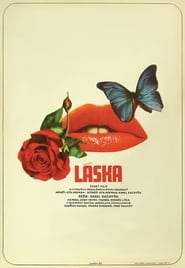 Sixteenyearold students of a grammar school...
Sixteenyearold students of a grammar school...Love 1973
Sixteen-year-old students of a grammar school are supposed to write essays on "Love". The class best student Andrea (Jaroslava Schallerová) writes about a patriotic love to a country as she has no experience with a partner love. She has been living alone with her divorced pretty mother Eva (Milena Dvorská), a dentist, for many years. Recently, however, Eva met her former school-days love at a graduates' party, nowadays a famous hockey goalkeeper Brukner (Frantisek Velecký). Also his marriage fell apart; he leaves the national team and decides to leave Prague for his home town and to share flat with Eva. He takes with him his son Petr (Oldrich Kaiser), in Andrea's age, who gets his last chance to finish a grammar school in the town.
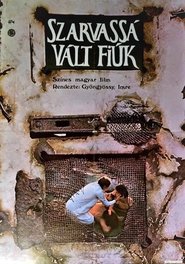 This poetic film presents the ballad...
This poetic film presents the ballad...Sons of Fire 1973
This poetic film presents the ballad of the boys who turned into stags, by the associative means of music, painting and folk art. At the same time it is a memorial to the martyrs of the 1944 Sátoraljaújhely prison revolt and shows its butchery reflected through the fate of three brothers.
 The hero of this popular fairy...
The hero of this popular fairy...Prince Bajaja 1971
The hero of this popular fairy tale is a young prince who, after the death of his parents, goes out into the world. During his travels he meets a magical talking horse and falls in love with the beautiful princess Slavna. On the advice of his horse, he binds one eye and pretends to be dumb and enters into service as the castle gardener.
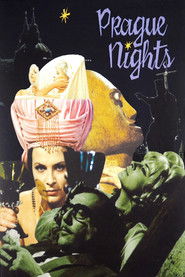 A stuffy middleaged foreigner a businessman...
A stuffy middleaged foreigner a businessman...Prague Nights 1969
A stuffy middle-aged foreigner, a businessman named Fabricius, lonely and looking for a night's diversion, finds it in the form of a mysterious blonde. In an abandoned cemetery, she tells him three tales involving black magic and erotic obsession. In "The Last Golem," a young rabbi struggles to fashion a massive, silent giant out of living clay — until he's distracted by a mute servant girl. In the second episode, "Bread Slippers," an 18th-century countess indulges her passion for sweet cakes, adulterous affairs, and secret kisses with pretty maids until a mysterious visitor whisks her away to an abandoned mansion, where Fate has a different kind of dance in store for her. And in the final story, "Poisoned Poisoner," a ravishing murderess in the Middle Ages dispatches lecherous merchants to the tune of upbeat '60s Czech pop songs.
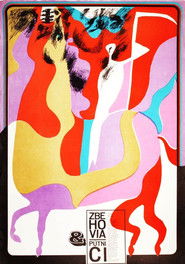 An apocalyptic story of three wars...
An apocalyptic story of three wars...The Deserter and the Nomads 1968
An apocalyptic story of three wars in three film tales encompassing the end of the WWI,WWII, as well as a vision of the world destroyed by nuclear weapons. This film was honored at the film festivals in Venice and Sorrento. Immediately after that the copy with Italian subtitles was locked in a safe as evidence of the anti-communist activities of the director, who used real footage of the Soviet invasion.
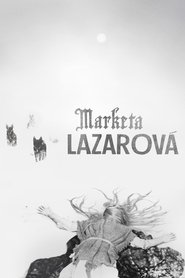 Mikols and his brother Adam end...
Mikols and his brother Adam end...Marketa Lazarová 1967
Mikolás and his brother Adam end up with a young German hostage of noble blood during a robbery. While their clan prepares for the wrath of the German king, Mikolás is sent to pressure his neighbor Lazar into a defense pact. Persuasion fails and he abducts Lazar's daughter Marketa on the eve of her initiation as a nun in an act of vengeance.
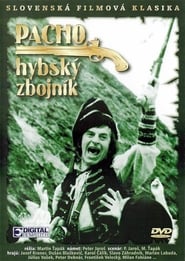 A funny outlaw tale inspired by...
A funny outlaw tale inspired by...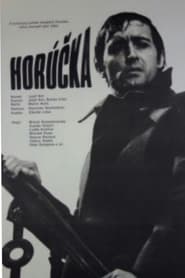
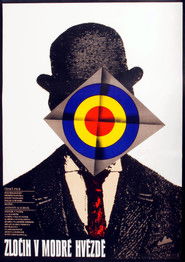
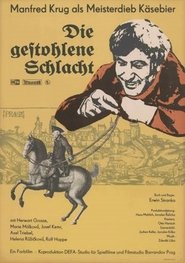
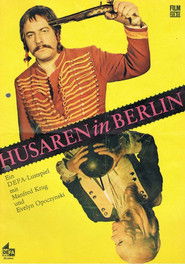 Comedy about the Husarenstreich the 1757 Berlin...
Comedy about the Husarenstreich the 1757 Berlin...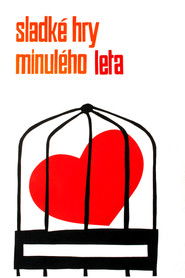 Impressionistic film based on a Maupassant...
Impressionistic film based on a Maupassant...